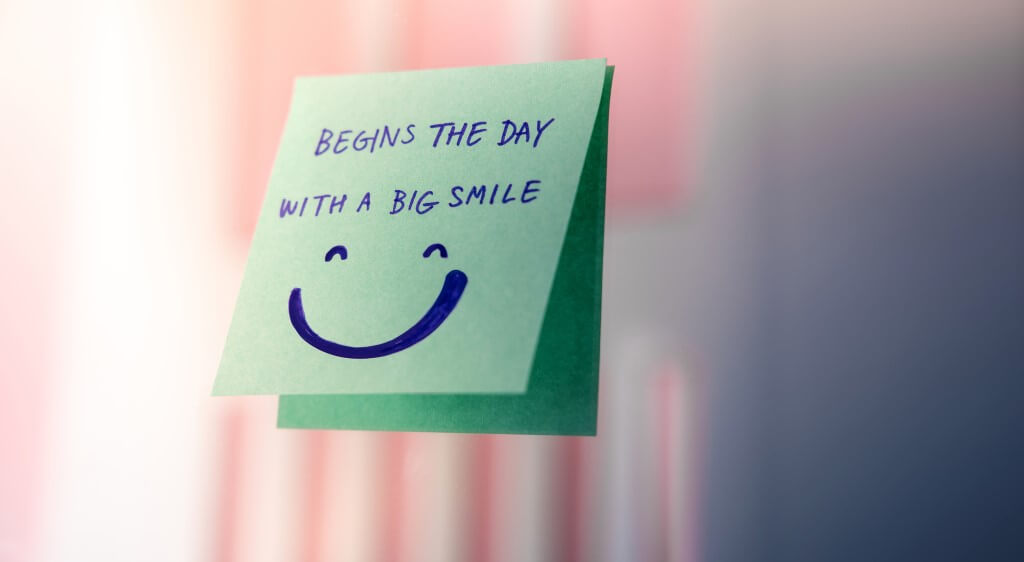
Access to Recovery Services in Remote Areas
Challenges in Remote Corners of Our Land
Imagine your loved one, wrestling with the symptoms of addiction, feeling isolated, not just because of the societal taboos but also because of the sheer geographical distance from accessible recovery facilities. For many South Africans living in remote areas or townships, this is not just an imagination but a daily reality. When the asphalt roads give way to dirt paths and the city skylines fade into vast expanses of land, accessing specialized care becomes a challenge.
It’s not just the vast distances but also the limited resources. Many rural clinics are ill-equipped to handle cases of addiction, and even when they can, the stigma in tight-knit communities can be overwhelming. You may feel the desperation and frustration, knowing that urban centers have a plethora of resources, while your community struggles to even broach the topic openly.
Modern Solutions: Mobile Clinics and Telemedicine
But as the world grows digitally connected, hope arises from modern solutions. If a person can’t reach the care facility, why not bring the facility to the person? Mobile clinics are becoming beacons of hope in these areas. Equipped with the necessary tools and staffed by trained professionals, these clinics move from one remote area to another, ensuring that treatment isn’t just a luxury afforded by the urban populace.
Additionally, with the rise of telemedicine, your loved one doesn’t even need to step outside the home to seek advice. Telemedicine, through secure video calls, allows individuals to connect with specialists from anywhere in the country. This doesn’t just offer treatment but also ensures privacy, making it more likely for someone to seek help. Your home, irrespective of its location, can now become the first step towards recovery.
Champions of Change: Organizations Lighting the Path
Several organizations recognize the challenges faced by those in remote areas and are stepping up to make a difference. Organizations like Rural Recovery Foundation have been pivotal in setting up mobile clinics that regularly visit townships, ensuring consistent care. Another commendable initiative is the Connect2Recover platform, which provides a secure space for teleconsultations, connecting those in need with renowned specialists.
As you navigate the maze of treatment options for your loved one, it’s heartening to see that the country is taking steps, albeit gradually, to ensure that every South African, irrespective of where they live, has a fighting chance against the symptoms of addiction.
A Deeper Look at the Urban-Rural Divide in Recovery Services
The Realities of Geographical Isolation
When we speak of the urban-rural divide, it’s easy to think of it in terms of infrastructure or amenities, but when it concerns addiction recovery, it’s a matter close to the heart. Picture your dear one, yearning for recovery, but being held back not by their will, but by the sheer distance and lack of accessible facilities. The barriers aren’t just physical roads or miles but are deep-rooted in availability, awareness, and societal attitudes.

Rural Stigma: A Silent Battle
While the entire nation grapples with the stigma around addiction, in rural areas, it’s particularly intensified. In close-knit communities, where everyone knows everyone, admitting to addiction symptoms can be daunting. The fear of being ostracized, talked about, or isolated often outweighs the urgency to seek help. For your loved one, it’s not just about finding a center but also about finding acceptance within their own community.
Mobile Clinics: Beyond The Physical Van
The concept of mobile clinics may sound like a simple one: a van equipped with medical supplies. However, the depth of what they bring to rural areas is profound. These aren’t just vehicles but lifelines. Inside, there’s not just medical equipment, but hope, confidentiality, and understanding. Imagine the relief you’d feel knowing that once a month, or even once a week, a clinic would be near your home, ensuring that your loved one receives the necessary attention without the added stress of traveling miles. More than the physical remedies they bring, it’s the psychological safety net they provide, assuring you and your family that regular, consistent help is on the horizon.
Telemedicine: Breaking Geographical Chains
In a digitally connected world, the scope of telemedicine isn’t limited to urban dwellers with high-speed internet. With advancements in connectivity and the proliferation of mobile devices, rural areas are becoming increasingly connected. Telemedicine offers a dual solution: consultation without traveling and discretion within one’s community.
It’s not just about logging into a video call. Platforms designed for addiction recovery consultations prioritize security, ensuring that personal stories, struggles, and medical history remain confidential. For you, this means the peace of mind that your family’s challenges remain private, and for your loved one, it means a space where they can speak openly, free from judgment.
Organizations Stepping Up: A Closer Look
Mentioning organizations like Rural Recovery Foundation and Connect2Recover isn’t just about naming entities doing good work. Delving deeper, these organizations represent the collaborative spirit of South Africa.
Rural Recovery Foundation, for instance, collaborates with local community leaders to ensure that their mobile clinics are set up in areas most in need, making sure no one is overlooked. Their teams consist not just of medical professionals but also community outreach workers who spread awareness and break stigmas around addiction.
Connect2Recover, on the other hand, isn’t just a telemedicine platform. They host webinars, workshops, and online group therapy sessions, making sure that the road to recovery is comprehensive and not just limited to one-on-one sessions.
What Can You Do?
While organizations and technology pave the way for bridging the gap, your role as a family member or friend is pivotal. Spreading awareness, advocating for more resources in your community, and lending an empathetic ear to someone in need can make all the difference. Remember, it’s not just about waiting for resources to come to you but also about proactively seeking them and being the beacon of hope your loved one needs.
A Cautionary Note on Counselling in Distinct Contexts
As you dive deeper into the vast sea of addiction recovery, understanding the disparities of urban and rural contexts is crucial. Every community, every individual, presents unique challenges and strengths. In the pursuit of offering support to your loved ones, recognizing the complexities of their environment is essential.
When thinking of counselling, the context in which it’s offered becomes paramount. The standard practices that work seamlessly in urban settings may not always resonate with someone from a rural backdrop. You’re not just bridging a geographical gap but also navigating the deep waters of cultural nuances, societal norms, and deeply entrenched stigmas. As you advocate for or seek counselling services, it’s vital to ensure they are sensitive to these differences.
For those in remote areas, the path to recovery might look different, but the destination is the same. In the wise words of Maya Angelou, “We may encounter many defeats, but we must not be defeated.” Always remember that with persistence, understanding, and the right resources, you and your loved ones can find the light at the end of the tunnel.